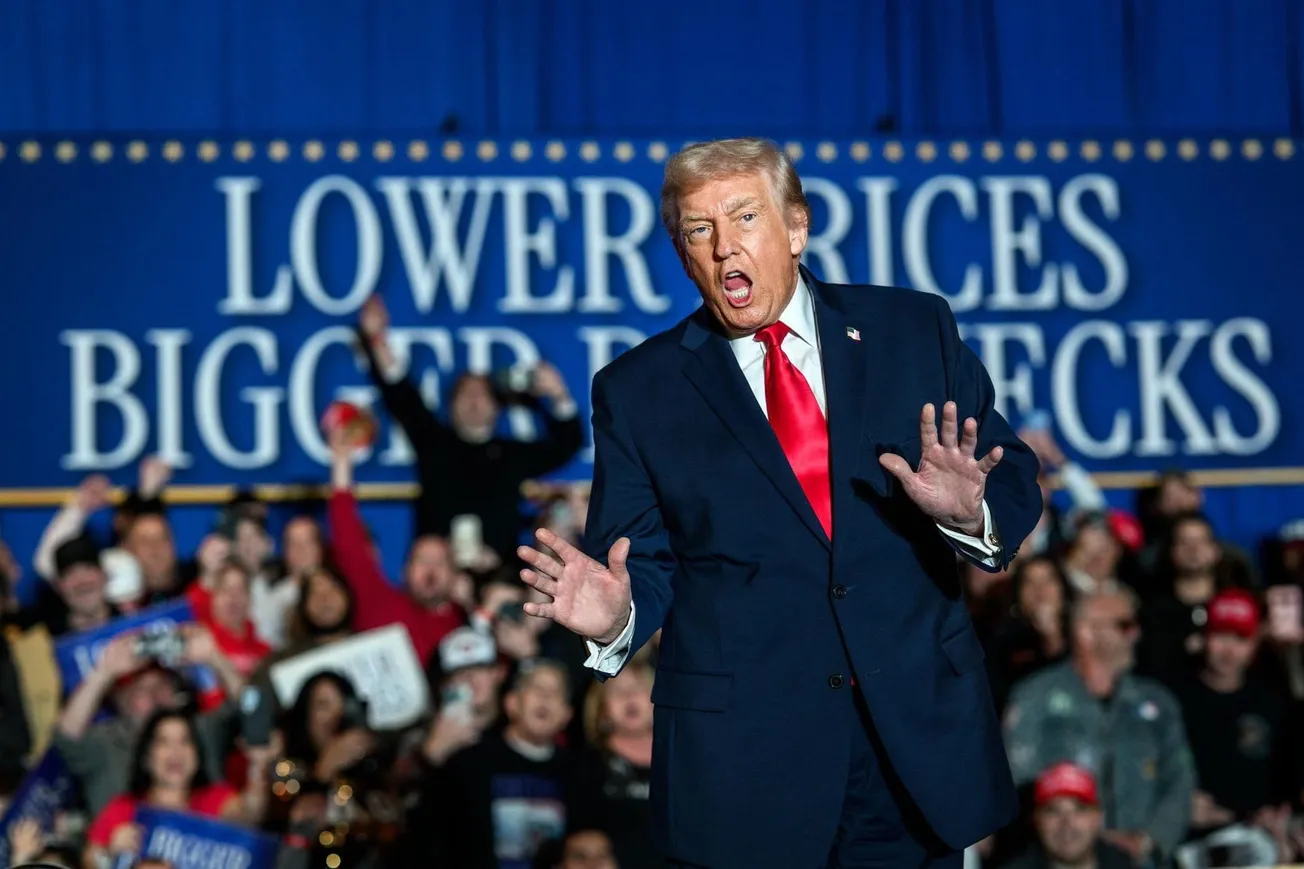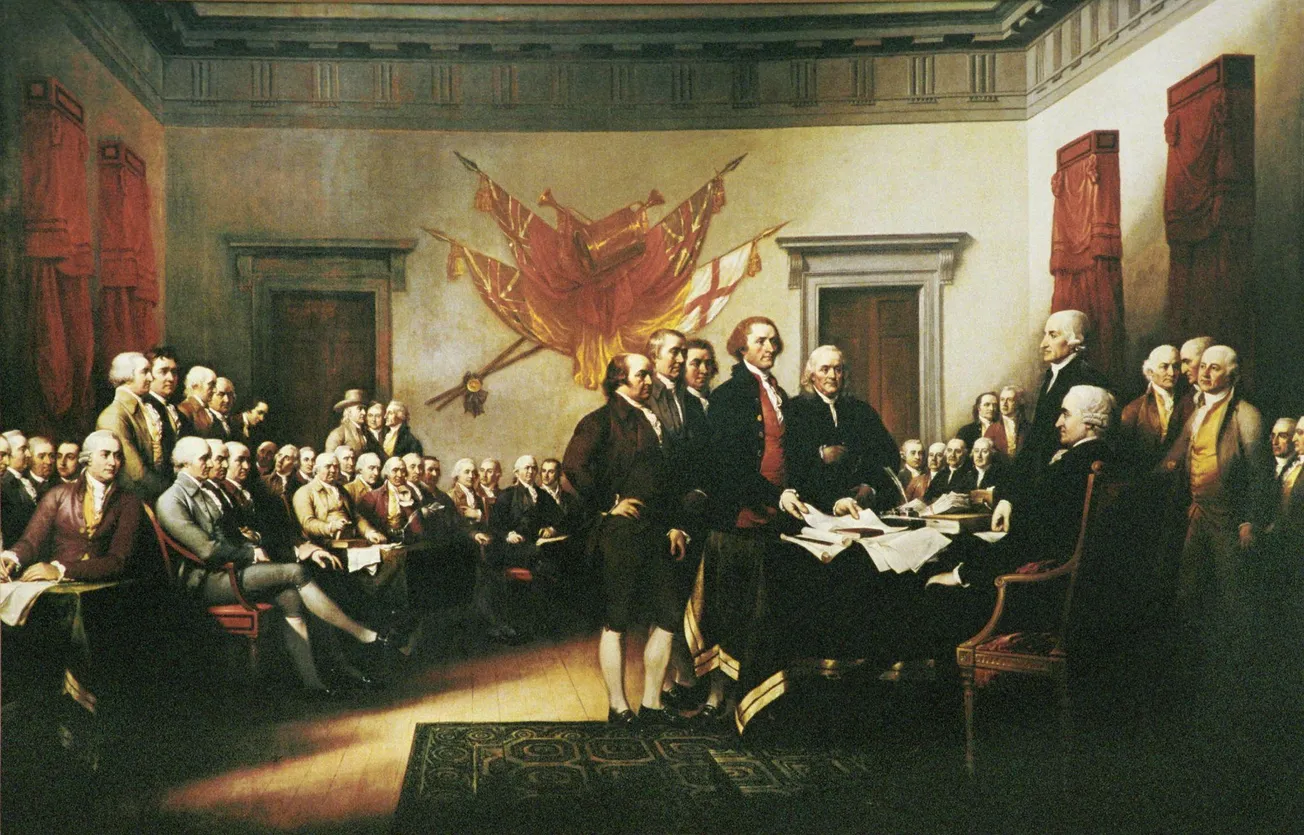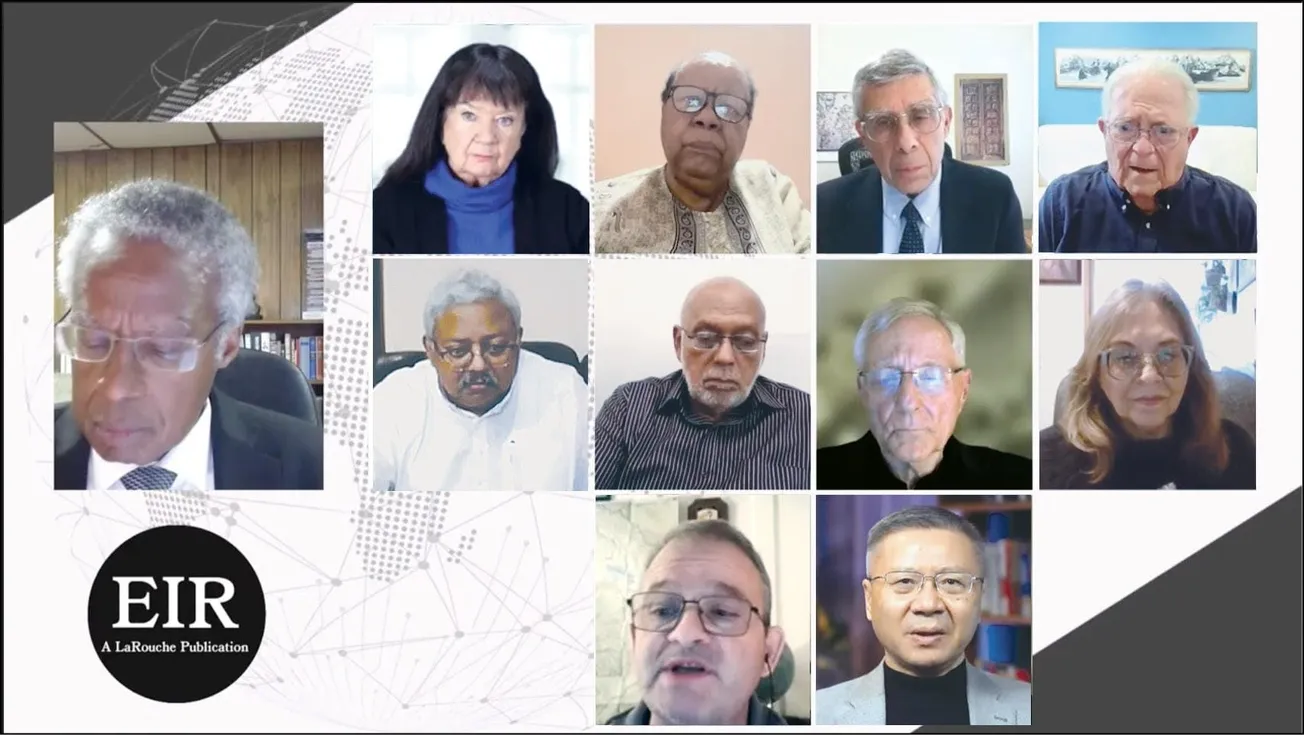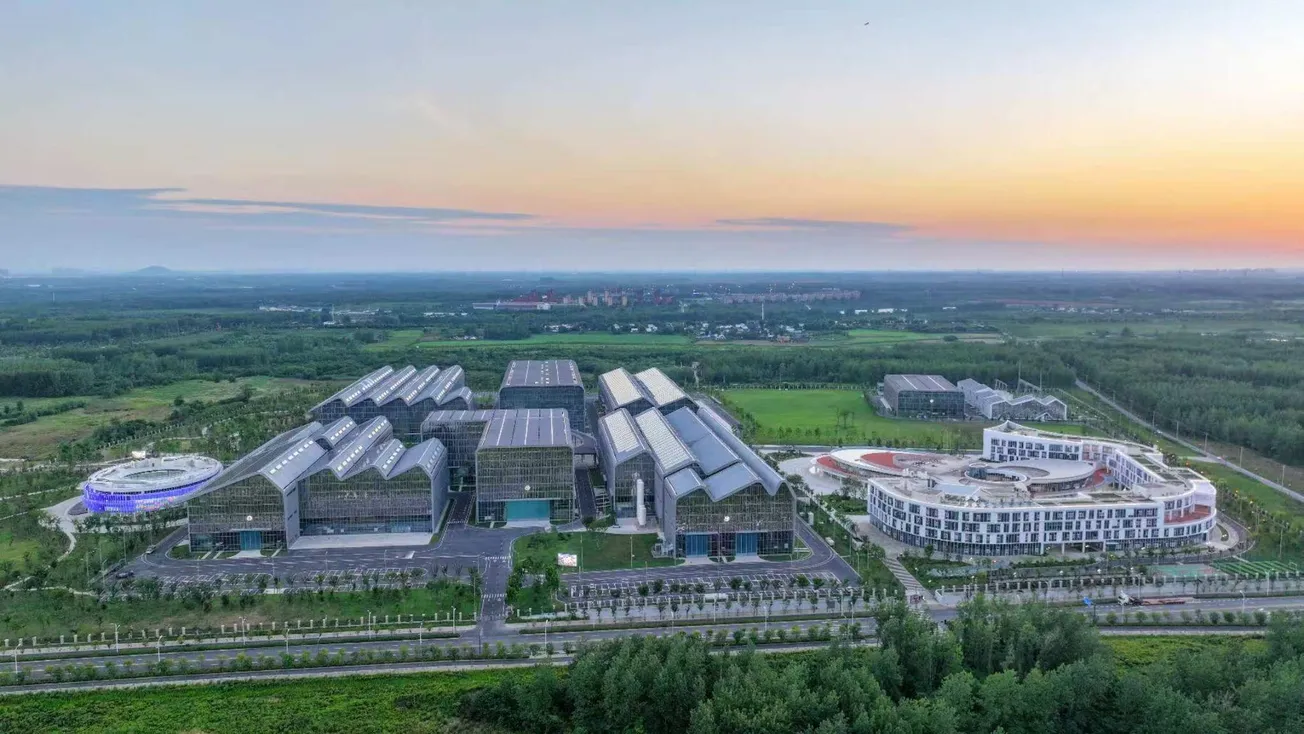April 17—After the annulment of Romania’s presidential election process in December 2024, which shocked the world, a new, purged presidential election campaign started on April 4, with the first round of voting scheduled for May 4. The Central Electoral Bureau arrogated to itself the power to decide who conforms to the Constitution (i.e., who is pro-NATO/ EU), so two nationalist candidates were rejected from the new election process: Călin Georgescu, who was leading in the polls, and Diana Șoșoacă, a Member of the European Parliament. The Constitutional Court validated these bans. Now the system’s candidates are trying to copycat Georgescu’s TikTok success—he got the biggest share (23%) of the vote in the November 2024 first round of elections—by making funny social media videos about everything except reality.
The most visible anti-system option among the 11 candidates is George Simion, leading in polls at around 30% and endorsed by Georgescu. Simion is the leader of the AUR party and executive vice-president of the European Conservatives and Reformists Party. Simion, 38 years old, is a former grassroots nationalist activist and EU reformer, with a message on economic sovereignty. He is pro-NATO, but criticizes support for the Ukraine war. He also argues for the reunification of Romania with the majority ethnically Romanian Republic of Moldova.
“The Călin Georgescu phenomenon,” that is, his candidacy, election success, censoring, and his peaceful fight, has been a wakeup call for people. Under judicial supervision, Georgescu has stepped into the shadows, but the informal CG movement he inspired still exists. Many leaders of the CG activist groups are community organizers, not directly involved in politics. They are very similar in outlook to the French gilets jaunes (yellow vests) movement, with an extra touch of Christianity. The CG movement converged, after the November election, with the AUR movement, which is a relatively new but structured political opposition party, for the organization of the big pro-democracy demonstrations earlier this year. After the March 9 ban on Georgescu, they organized for an impressive two-day, last-minute mobilization in order to gather between 400,000 and one million voters’ physical signatures, to secure a sovereigntist option on the ballot, replacing Georgescu. This resulted in Simion’s candidacy, and also took the place of possible violent street protests.
Nevertheless, a split exists on whether to continue to focus the fight against the injustice of the annulled 2024 election, or to focus on getting votes in this new, purged election. There are incessant dirty operations intended to intimidate activists, journalists, and the rest of the population, involving arrests of TikTok influencers, searches, aggressive press campaigns, lawsuits against citizen comments on social media, and internet censorship.







